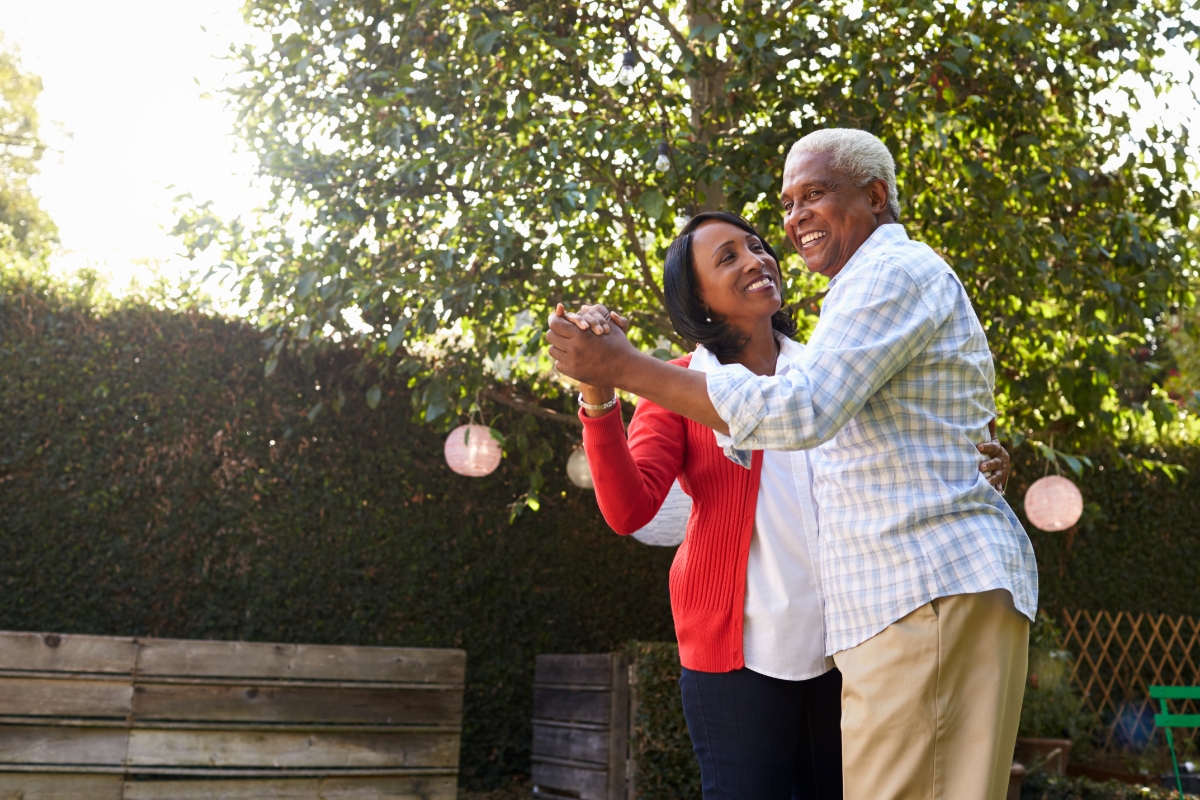A healthy lifestyle should include regular exercise. It benefits not only your bones and muscles but also your brain health. Exercise can help you think more clearly, learn new things, solve problems, and maintain emotional equilibrium. It also can improve memory and reduce anxiety or depression. For individuals who are at high risk for developing Alzheimer’s and related dementias, regular physical activity may help reduce the risk of cognitive decline. Additionally, a new study shows that exercise can slow cognitive decline in sedentary older adults with mild cognitive impairment (MCI).
CDC researchers found that adults who are inactive had a nearly twice as high rate of cognitive decline as adults who are active. Therefore, the CDC has recommended a minimum of 150 minutes per week of moderate-intensity physical activity for most adults. In this post, we will talk about how physical activity can affect brain health and will recommend some exercises that boost brain health.
How physical activity affects brain health

The brain receives more blood when you exercise.
Exercise improves blood flow to the brain, supplying it with all the nutrients it needs to function properly. Physical activity also boosts the creation of chemicals vital to memory and other brain functions.
Exercise improves the capacity and strength of one’s memory.
Exercise increases levels of brain-derived neurotrophic factor (BDNF), a molecule involved in the development of new synapses in the brain. This may help with the formation of long-term memories.
Exercise helps reduce anxiety and depression
Exercise can help decrease the number of stress receptors in the hippocampus, an area of the brain that is involved in emotions, learning, and memory. This may lessen the effects of stressful events.
Some exercises that boost brain health

Since physical activity is so important for both physical and brain health. What type of exercise is the most ideal? Here are some recommended exercises that can boost brain health.
Aerobic exercise
Regular aerobic exercise like running, swimming, or bicycling can not only enhance heart health but also promote the development of new brain cells and protect existing ones. Research suggests that regular aerobic exercise increases the size of the brain region responsible for language memory and learning. Additionally, aerobic exercise may lessen inflammation and activate molecules that have an impact on the development and health of brain cells and blood vessels.
Strength training
Strength training isn’t just for bodybuilders. According to a 2020 study in the journal NeuroImage,older persons who engage in six months of strength training are less likely to experience hippocampal shrinkage. Weightlifting or utilizing a resistance band can increase cognitive capacity, mood, focus, and decision-making skills in addition to strengthening bones and muscles.
Flexibility training
As you get older, you may lose some of your flexibility. Increased flexibility means more energy, better posture, and a lower risk of injury. You may maintain your flexibility by doing yoga, stretching, and tai chi.
Dancing
Dancing not only improves brain function and boosts memory but also stimulates nerve growth factors. Dancing can activate and strengthen different brain regions.Additionally, dancing improves neural connectivity that increases growth factors in the brain. Numerous studies have also demonstrated that dancing is associated with a lower risk of dementia.
Do you find it difficult to get started? If you have a tough time having a formal workout at the gym, you can do stretching, strength, and cardio exercise with your everyday housekeeping routine. Regular chores like mowing the grass, washing your car, or going for a walk to the store are all beneficial if you perform them with a moderate level of intensity.




